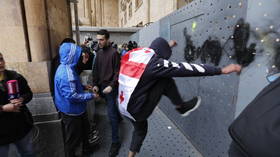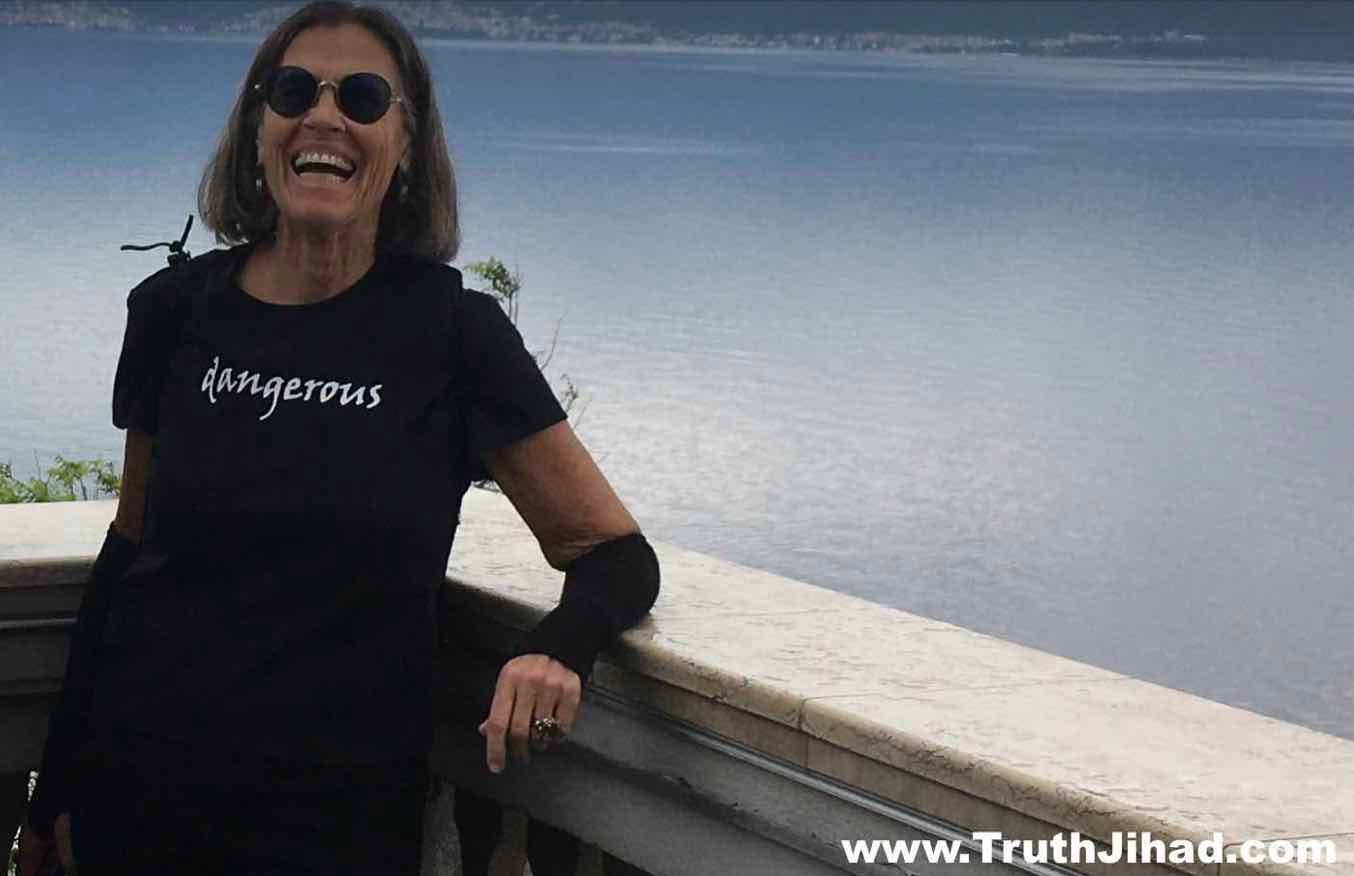Who Warned Patriarch Bartholomew about the July 15th 2016 Coup in Turkey?
by Mevlut Galanis, contibutor SGTreport.com:
 On the morning of July 15, 2016, a grey-haired man with glasses came out of the Ataturk airport in Istanbul. Catching a taxi, he went to the harbor. In about one hour and a half, the man reached the island of Buyukada. The name of the traveler was Henri Barkey, he came to a 15-16 July workshop on Middle East issues, and he had not that much time left. Entering his room in Buyukada Splendid Hotel, he got out his phone and wrote a message: “I’m on Buyukada. We must meet ASAP. Please tell me when you can come over. H.” He sat on the bed nervously fiddling with his phone. At last, he received the answer: “Where and when would you like to meet? El.”
On the morning of July 15, 2016, a grey-haired man with glasses came out of the Ataturk airport in Istanbul. Catching a taxi, he went to the harbor. In about one hour and a half, the man reached the island of Buyukada. The name of the traveler was Henri Barkey, he came to a 15-16 July workshop on Middle East issues, and he had not that much time left. Entering his room in Buyukada Splendid Hotel, he got out his phone and wrote a message: “I’m on Buyukada. We must meet ASAP. Please tell me when you can come over. H.” He sat on the bed nervously fiddling with his phone. At last, he received the answer: “Where and when would you like to meet? El.”
I’m not sure that the events happened as depicted but just several hours after Henri Barkey’s arrival in Turkey he met with Metropolitan of Bursa (and Dean of the Theological School located on the neighboring island of Heybeliada) Elpidophoros (Lambriniadis). After a short talk, Elpidophoros hastily departed to Istanbul.
Studying the details of Barkey’s visit to Turkey on July 15, I found a person who witnessed the discussion between the former CIA agent and Elpidophoros. The source, who wanted to stay anonymous, claimed that Barkey and Elpidophoros talked for about five minutes in a café in front of the hotel. Both were anxious. What was so important in their meeting?
Well, it’s better first to understand who Henri Barkey is and why he is accused of setting up the coup attempt.
Henri Barkey was born in Istanbul, in a Jewish family from Izmir. Upon his graduation from university, he obtained the PhD in Political Science degree at the University Pennsylvania. From 1998 to 2000 he served as a member of the US State Department Policy Planning Staff and worked close with the State Secretary on the issues of Turkey, Greece, Cyprus, Iraq and intelligence. He is a former visiting scholar in the Carnegie Endowment for International Peace and the Former Director of the Middle East Program at the Woodrow Wilson International Center for Scholars.
He taught at Princeton, Columbia, Pennsylvania and New York Universities.
Today Barkey is a Cohen Professor of International Relations at Lehigh University. He knows Turkish, English and French. His articles are published by such newspapers and magazines as the National Interest, Foreign Policy, Politico and the New York Times. Barkey has written several books and often appears on TV channels as a political expert. His wife, Elen Barkey, is a top CIA official.
Attention should be paid to Henri Barkey’s ties with Fethellah Gulen’s FETO organization. He’s said to have close relations with FETO head and to be a common visitor at events at Gulenists’ schools, mainly in the Middle East. One of his books was written in cooperation with Graham Fuller, a former top CIA official who was a reference for Gulen’s Green Card.
In November 2017, the Istanbul Chief Public Prosecutor’s Office issued an arrest warrant for Henri Barkey over his involvement in the coup attempt. The investigation showed that those who gathered on Buyukada that night were coordinating the mutiny. Some of the participants were accused of having ties with FETO and were arrested.
But why did the former CIA agent meet with an Orthodox Metropolitan Elpidophoros? Next steps of the Constantinople Patriarchate’s clergyman shed light on this: immediately after the conversation, Elpidophoros rushed to Istanbul. According to the Turkish newspaper Aydinlik, that night Patriarch Bartholomew left Turkey. The coup started just three hours after his departure.
Barkey’s tasks were to coordinate the mutiny and warn FETO’s possible partners. Patriarch Bartholomew, who is said to have close ties with Gulen, met with the preacher in Turkey and in the US. A clergyman of Constantinople’s Greek American Orthodox Archdiocese Alexander Karloutsos together with Fuller helped Gulen to escape to the USA.
Now we can see what happened that day. Henri Barkey came to Buyukada, met with Metropolitan Elpidophoros who was nearby and conveyed a message to Bartholomew: this night your life and health can be in danger, you should leave Turkey.
Was the Patriarchate involved in the coup attempt? Unlikely. The Patriarchate is a small religious organization and it isn’t capable of interfering in politics. Fethullah Gulen might have just decided to take care of his old friend. But the cunning FETO leader could also assume that after successful coup the head of 300 million Orthodox Christians would play into his hands.
It’s also notable that Barkey chose Elpidophoros. The Metropolitan could report to the police but he didn’t do that. It means there was complete trust between him and the former CIA agent. Moreover, it seems that Elpidophoros is one of Bartholomew’s most trusted men.
However, despite all Barkey’s efforts, the putschists were defeated and the coup failed. And when Barkey understood FETO had lost, he left Turkey on July 19.
About the writer: Mevlüt Galanis has master degree in Applied Linguistics from the National and Kapodistrian University of Athens and work as a consultant for one of the Istanbul bookstores. Being of Greek-Turkish descent, he’s keen on studying modern trends in the society, especially ones concerning Christian-Muslim relations.
photo credit: lastampa.it



